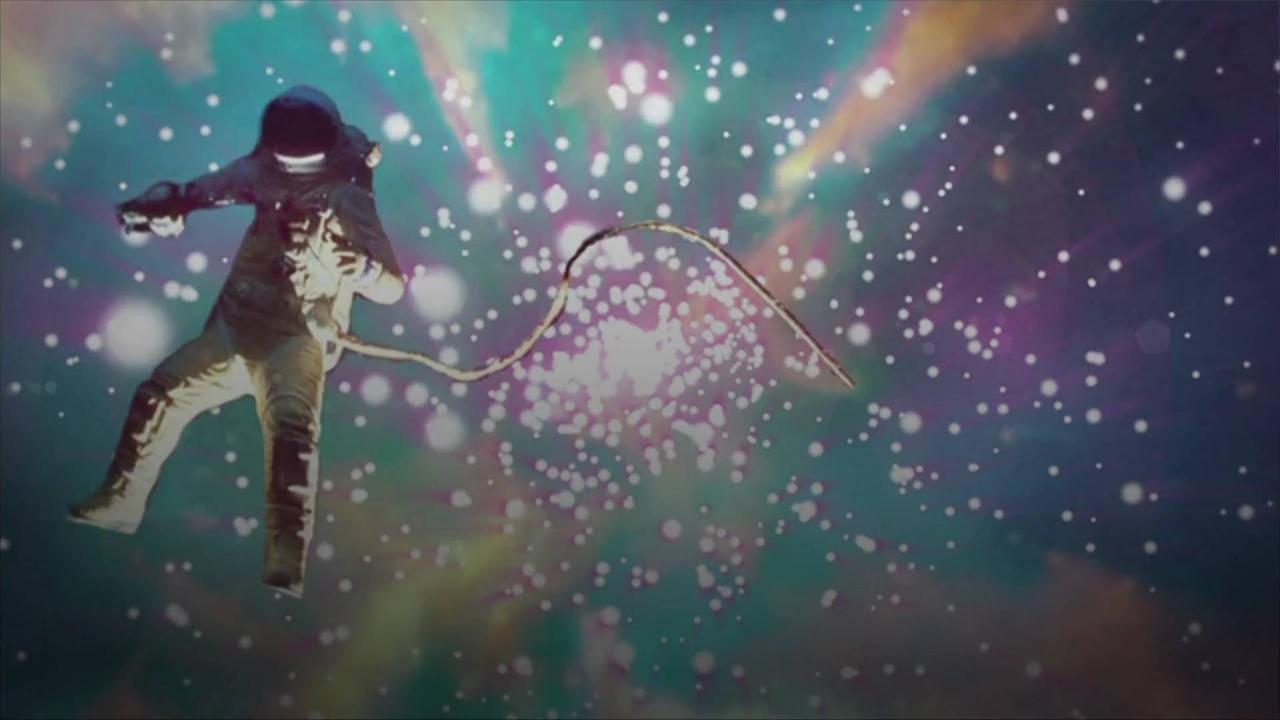Study Investigates the Impact of Space Travel on Astronauts' Brains

Study Investigates the Impact of Space Travel on Astronauts' Brains
Study Investigates , the Impact of Space Travel , on Astronauts' Brains.
A new study suggests that long space missions could be damaging to the brains of astronauts.
.
A new study suggests that long space missions could be damaging to the brains of astronauts.
.
'The Independent' reports that spending a long time in space requires three years for the brain to recover from changes caused by long journeys.
.
The study focused on how the brain responds to leaving Earth's gravity, which has become a critical question on the advent of increasingly long journeys into space.
Brain scans of 30 astronauts taken before and after their journeys into space found that trips over six months significantly expanded ventricles in the brain.
Ventricles are fluid filled cavities that protects and nourishes the brain.
.
'The Independent' reports that without the Earth's gravity, the fluid pushes upward in the body and forces the brain higher in the skull.
'The Independent' reports that without the Earth's gravity, the fluid pushes upward in the body and forces the brain higher in the skull.
We found that the more time people spent in space, the larger their ventricles became.
, Rachael Seidler, Study author and professor of applied physiology and kinesiology at the University of Florida, via 'The Independent'.
Many astronauts travel to space more than one time, and our study shows it takes about three years between flights for the ventricles to fully recover, Rachael Seidler, Study author and professor of applied physiology and kinesiology at the University of Florida, via 'The Independent'.
'The Independent' reports that the study found that short trips under two weeks resulted in no noticeable change in the brain.
According to the findings, after six months in space and without the Earth's gravity, changes in astronauts' brains appeared to stop progressing.
'The Independent' points out that researchers have yet to examine space trips over one year, but the results from six to 12 months appear promising for future astronauts.
